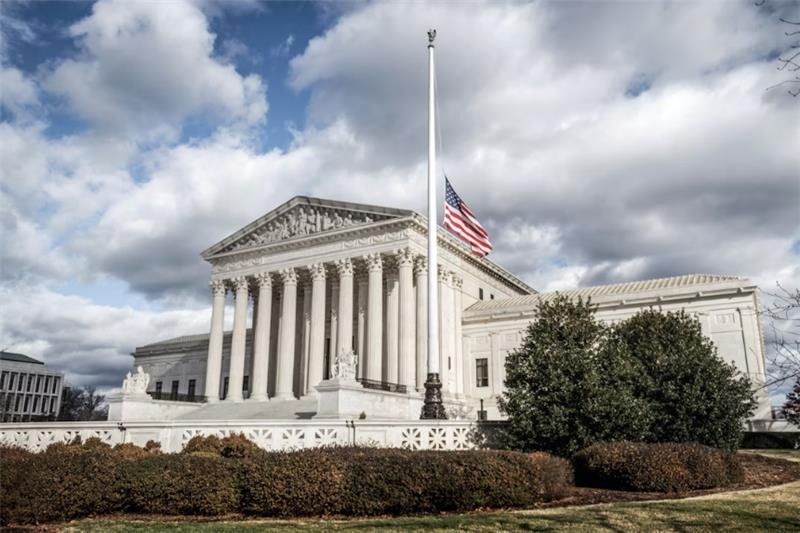In an important decision with long-term implications, the US Supreme Court has ruled in favor of former President Donald Trump, confirming its right to dismiss senior officials from independent federal agencies. The ruling Trump enables the Federal Trade Commission (FTC) Commissioner Rebecca to remove the slaughter, even if legal challenges are unresolved.
The court has agreed to re-see the example of 1935, a founder known as the executive of Humphri, consenting long-standing agencies from direct contemporary control. This step indicates a possible change in the balance of power between the executive branch and Congress.
What Does the Ruling Mean for Independent Agencies?
The ruling has sparked concern over how far Trump’s firing power could extend if the Court overturns long-standing protections. Independent agencies like the FTC and the Federal Reserve have historically operated with a degree of separation from presidential influence to maintain bipartisan integrity.
By accepting the case, the Supreme Court will re-evaluate whether such agencies can remain insulated from political dismissal. Arguments are set for December and could redefine how top officials are appointed—and removed. Here is the link to our article on the Supreme Court Challenge.
Why Was the FTC Commissioner Dismissed?
President Trump dismissed two Democratic members of the FTC: Rebecca Slaughter and Alvaro Bedoya. While Bedoya later resigned, Slaughter pursued a legal challenge, arguing her removal violated existing legal protections.
A federal judge initially ruled in her favor, citing the 1935 precedent that only allows removals for misconduct or neglect. However, the Supreme Court temporarily overruled that judgment, allowing the dismissal to proceed during ongoing legal proceedings.
What Are the Broader Political Implications?
Critics argue that expanding Trump’s firing power could erode the independence of agencies designed to remain neutral. Justice Elena Kagan, writing for the dissent, warned that presidential overreach could compromise institutions built to resist partisan influence.
“Congress intended these roles to be shielded from arbitrary removal,” Kagan noted. “Yet the majority has handed full control of these agencies to the President.”
The decision may also set a precedent that affects future administrations, potentially allowing any president to remove agency leaders without cause. Here is the link to our article on the Supreme Court Deportation.
Is the Federal Reserve Also Affected?
In a separate legal matter, the Supreme Court is considering the Trump administration’s dismissal of Federal Reserve Governor Lisa Cook. She was accused of mortgage fraud, a claim she denies. A lower court previously ruled that her firing was unlawful, stating the president lacked authority to remove her from the position.
This case adds another layer to the ongoing debate over the limits of executive power and whether independent financial oversight bodies can truly function without political interference.
Final Thoughts
The Trump firing power debate takes center stage as the Supreme Court’s decision to review the precedent set by Humphrey’s Executor could dramatically reshape how Washington operates. If the ruling expands presidential authority, it would mark a major constitutional shift—blurring the lines between independent oversight and executive control. The upcoming December hearing is expected to draw close attention from legal experts, lawmakers, and the public alike.








